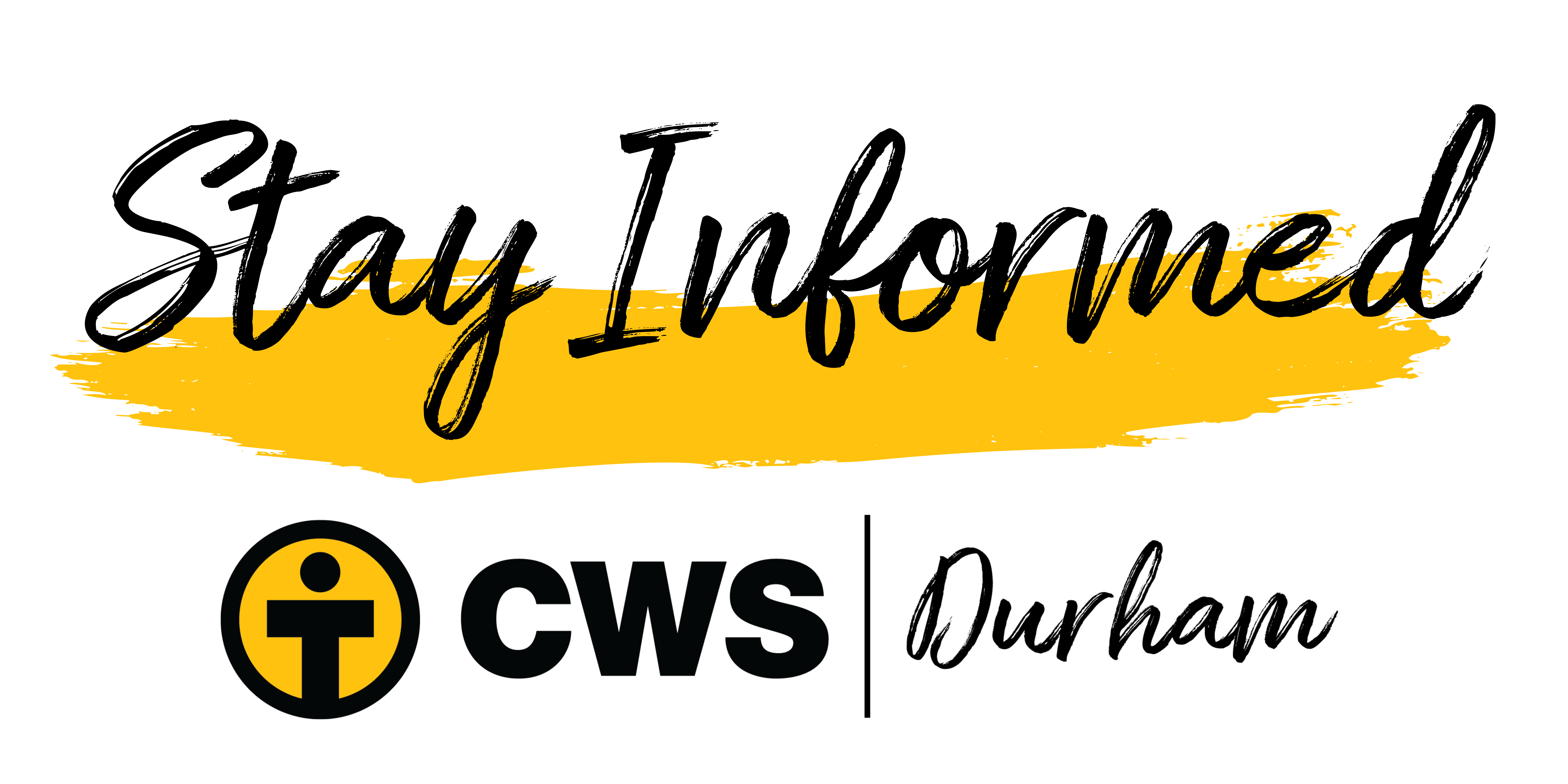Jeikel was a dentist in Cuba, but life was hard. All medical professionals, himself included, were government employees, and no matter how much or little one worked, everyone received the same salary. Unfortunately, this fixed salary was $50/month, which was only enough to cover food and housing for about a week. It was hard to survive.
But in 2015, the Cuban government sent Jeikel to Venezuela to provide dental care there. (Cuba often sends medical teams abroad to work and study as goodwill ambassadors.) Jeikel never went back home. Instead, he worked in Venezuela for a year and then applied for parole status through the United States’ Cuban Medical Professional Parole Program, a program created to provide temporary refuge for Cuban medical professionals like Jeikel working in a third country.
When he landed in North Carolina in the summer of 2016, he did not speak any English. He did not know anyone here. And though he was a dentist by trade, he could not practice in the United states because of language and licensing barriers.
CWS helped him enroll in beginner English classes and get oriented to the community and the employment team assisted him in securing a starter job to pay the bills. During that first year, he worked as a dishwasher at Duke University.
But he wanted to get back into his career field. So the CWS Employment Team helped connect him to a dental assistant certificate program as well as more advanced English classes at Durham Tech. Within a year of arriving in the US, Jeikel secured a job as a dental assistant.
But to become licensed once again as a dentist, he must pass 2 National Board Dental Exams, pass an English language TOEFL test, and graduate from an advanced standing 2-year dental school program that is geared towards foreign nationals re-entering their former career field in the U.S. This week, he passed the second part of the Board Exams!
“The most challenging part was keeping work and studying at the same time.” He has been working, commuting, studying, practicing English, and saving enough to pay for the tests for the past several years.
For refugees wanting to re-enter their former career fields, they need time, money, and bandwidth—not to mention the luck of avoiding unexpected crises. When the pandemic hit, Jeikel was furloughed from work for several months. “The pandemic was hard because I was off of work for a long time, but I received help from the government and unemployment.” He’s been back to work for several months now.
Jeikel has now been in the U.S. for almost 5 years and is in the process of applying for U.S. citizenship. “I feel so excited about applying for citizenship because for me, it was a huge goal too because I need to become a US citizen to invite my mom.” He has not seen his mom in 6 years—since leaving Cuba. But once he becomes a citizen, he can petition for his mother to join him in the U.S.
After sharing with me about how much he misses his mom, Jeikel laughed and added that he also sometimes misses Cuban food and the ease of speaking Spanish daily. But he is excited about the future, “In this country, in my opinion, if the people focus and fight for what they want, the people don’t have limits. In this country, I have so many opportunities to rise professionally.”
We are grateful to be a part of Jeikel’s journey from the day he landed at Raleigh-Durham airport to now applying for U.S. citizenship. We are grateful to those who donated to make a difference in the lives of refugees and immigrants whose lives and plans were impacted by COVID-19 this year. And we are grateful most of all to our neighbors like Jeikel who inspire us with their courage, resilience, and hope.
Congrats, Jeikel, on almost 5 years in the U.S., your application for citizenship, and passing your board exams!!

